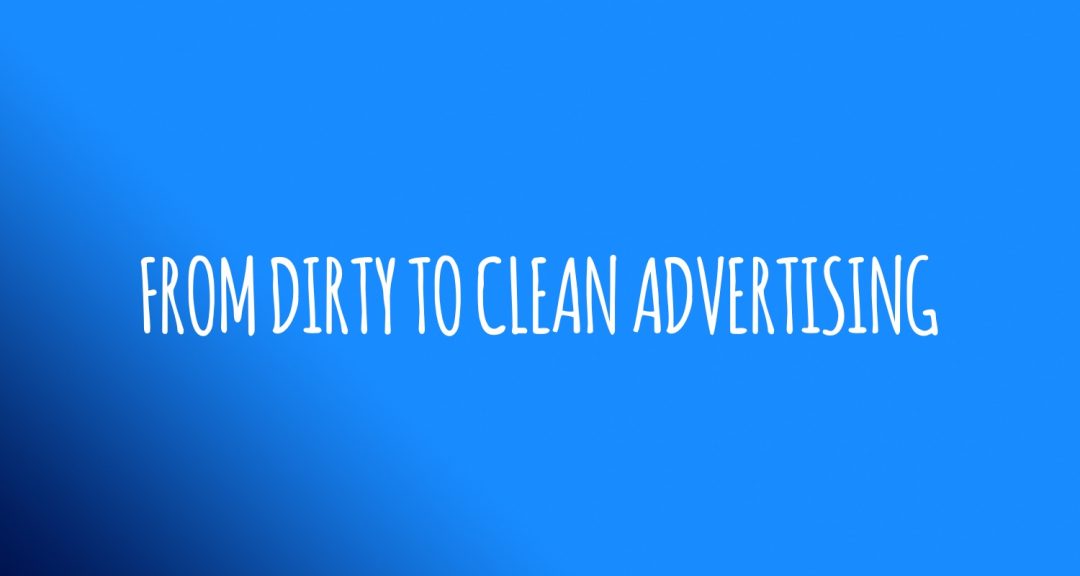We’ve been discussing ethics & responsibility in IoT specifically, and business more generally, a lot lately. This seems more relevant than ever today, simply because we see so much damage done because wrong business models—and hence, wrong incentives—drive and promote horrible decision making.
One blatantly obvious example is Facebook and its focus on user engagement. I’d like to make clear I pick Facebook because it is simply the best known example of an industry-wide trend.
Advertisers are sold on “engagement” as a metric since the web allowed to measure user behavior (ie. what used to be called “Web 2.0”, now “social media”). Before that (early Web), it was various flavors of page impressions as a proxy for reach. Before that (print, TV) it was calculated/assumed reach based on sampling and the size of print runs.
It’s important to keep in mind that these metrics have changed over time, and can change and be changed any time. They aren’t a divine hand-down, nor a constant in the world. They are what we, as an industry and society, make them.
Now, for a few years advertisers have been sold on, and have been overall quite happy with, having their ad efficiency and effectiveness on engagement. This term means how many people didn’t just see their ads, but interacted (“engaged”) with them in one way or another. Typically, this means clicking on them, sharing them on social media or via email, and the like. It’s a strong proxy for attention, which is what advertisers are really after: They want potential customers to notice their messages. It’s hard to argue with that; it’s their job to make sure people notice their ads.
That said, the focus on engagement was driven forcefully by the platforms that profit from selling online ads as a means to differentiate themselves from print and TV media, as well as the online offerings of traditionally print/TV based media. “Look here, we can give you much more concrete numbers to measure how well your ads work”, they said. And they were, by and large, not wrong.
But.
The business model based on engagement turned out to be horrible. Damaging. Destructive.
This focus on engagement means that all incentives of the business are to get people to pay more attention to advertisements, at the expense of everything else. Incentivizing engagement means that the more you can learn about a user, by any means, puts you in a better position to get them to pay attention to your ads.
This is how we ended up with a Web that spies on us, no matter where we go. How we ended up with websites that read us more than we read them. With clickbait, “super cookies”, and fake news. Every one of these techniques are means to drive up engagement. But at what cost?
I truly believe you can’t discuss fake news, the erosion of democracy, online harassment, and populism without discussion online surveillance (aka “ad-tech”, or “surveillance capitalism”) first.
Business models, and the behaviors they incentivize, matter. Facebook and many other online advertisement platforms picked horrible incentives, and we all have been paying the price for it. It’s killing the Web. It’s eroding our privacy, the exchange of ideas, and democracy. Because where our communications channels spy on us, and the worst and most troll-ish (“most engaging”) content floats to the top because of ill-advised and badly checked algorithmic decision-making, we can’t have discussions anymore in public, or even in the spaces and channels that appear to be private.
It doesn’t have to be that way. We can choose our own business models, and hence incentives.
For example, over at ThingsCon we were always wary of relying too much on sponsorship, because it adds another stakeholder (or client) you need to accommodate beyond participants and speakers. We mostly finance all ThingsCon events through ticket sales (even if “financing” is a big word; everything is mostly done by our own volunteer work). Our research is either done entirely in-house out of interest or occasionally as a kind of “researcher-for-hire” commission. We subsidize ThingsCon a lot through our other work. Does that mean we lose some quick cash? Absolutely. Do we regret it? Not in the very least. It allows a certain clarity of mission that wouldn’t otherwise be possible. But I admit it’s a trade-off.
(A note for the event organizers out there: Most of the sponsors we ended up taking on were more than happy to go with food sponsoring, a ticket package, or subsidizing tickets for underrepresented groups—all entirely compatible with participants’ needs.)
If we want to build sustainable businesses—businesses that will sustain themselves and not poison their ecosystem—we need to pick our business models and incentives wisely.

